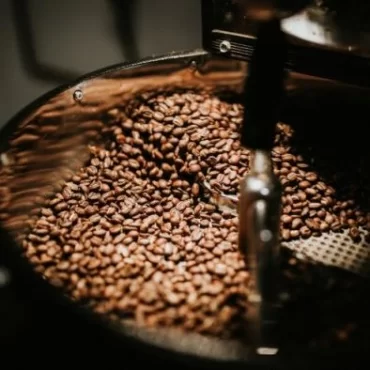
Barista courses or to be or not to be a barista
There are times when it's not enough to love coffee, but it's worth getting to know it better and learning about the methods of its preparation in order to strengthen your relationship and build on a good foundation.
Who are barista courses for?
It would be a mistake to assume that they are exclusively for café owners or operators and their staff. A (future) professional can enrol in the course, as can anyone else who simply likes good coffee. It's not just a matter of knowing the difference between good coffee and less good coffee, it's just as important whether you can make a drink at home that meets the highest standards.
What will you learn?
- You will go back in time and learn about the history of growing and drinking coffee.
- You will learn how coffee is harvested and processed and which varieties are among the most commonly used.
- Learn the proper procedures for preparing a variety of coffees, from espresso to filter coffee.
- Latte art is also part of the course series.
Courses for beginners and advanced
It is not unusual for course organisers to distinguish whether you are a complete beginner - that is, at the moment a "mere" coffee enthusiast who would like to learn more, or whether you need to hone your existing skills and move up the career ladder again.
In the first case, all you need to participate in the course is a love of coffee and a desire to learn new things. Even a one-day course can often teach you how to make a great espresso, macchiato or cappuccino.
Advanced barista courses build on the knowledge and experience of their participants to give them an even deeper insight into the world of coffee. Here you will become more familiar with the operation and maintenance of professional coffee machines, take a closer look at different types of roasting and be introduced to lesser-known preparation techniques, be it AeroPress, Chemex, etc.
These courses are primarily aimed at baristas in cafes and other businesses, so they include, for example:
- adjusting grind coarseness;
- operating a milk frother;
- use of coffee in the preparation of other beverages such as cocktails;
- serving coffee correctly to guests.
After completing such a course, you can really start working as a barista. After all, it includes an exit exam and subsequent certification if you pass the exam.
If you would like to use your passion for coffee to go from a layman with a cup of coffee in his hand to a skilled aspiring barista, be sure to sign up for the course.





















































































